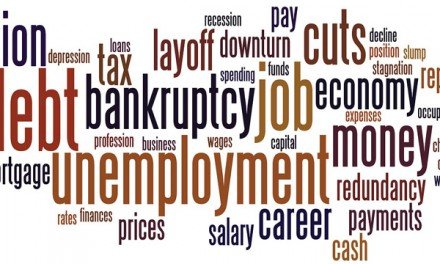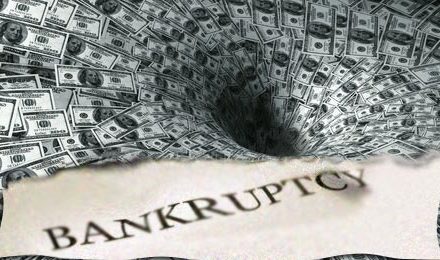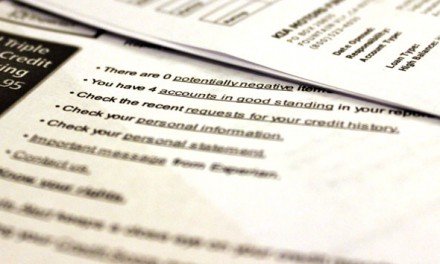How does one tackle taxes, you ask? Well, if this were a football blog, I would tell you to lower your head, hit with your shoulder and drive with your legs until the taxes are flat on their back. Actually, in a figurative sense, that works…
Are you Ready for Some Taxes?
Tax time can be one of the scariest times of the year. It can take a large amount of time to sift through file folders, old emails, receipts, and figure out what is supposed to get reported and what isn’t. However, being organized can mean you are able to take advantage of more deductions and credits, which means a bigger refund!
Traditionally, most people would have their taxes prepared by a firm that specializes in tax preparation. Nowadays, more and more people are filing their taxes online, through H&R Block, TurboTax, or other products.
Either way, you need to be able to come up with the required tax forms and supporting documents. Some tax firms say “give us your forms and we’ll take care of everything.” They take what you give them and make sense of it, asking for additional info when necessary. Other firms send you a questionnaire to fill out, so you have to make sense of many forms yourself in order to answer the questions. And then you still have to send the documents to support your answers. If you prepare your own taxes, obviously you need to go through your documents, make sense of them, and fill out the forms correctly. Needless to say, you can save yourself a lot of headaches if you are well organized.
What’s in your Tax Playbook?
Essentially, there are two areas that you must keep organized: electronic records and physical records.
Electronic records consists of any soft copies of documents that you may receive. This could be PDFs, Excel spreadsheets, online statements, e-receipts, emails, or scanned documents. Physical records would be any piece of paper that you get in the mail, from work, paper receipts, or a hard copy of an electronic record that you printed.
Some people are more comfortable with physical records. If this is you, make sure to always print out a hard copy of any electronic record that you receive. That way, you can file it away and feel confident knowing that you have hard copies of everything all in one place. On the flip side, others are more comfortable with electronic records. So if you want to go paperless, you just need a scanner to turn any physical record you get into an electronic record. Either way, you are consolidating your record-keeping.
For electronic records, you’ll need to make sure that you keep your emails organized. I have various labels that I use to sort through my messages, including multiple finance labels (Giving/Donations, Online Purchases, Bank Statements…). This makes it much easier to find the relevant emails I want.
What’s your Tax Strategy?
For both electronic and physical records, you need to have a filing system. On your computer, all of your files are sorted into folders. In your office, you should also have your paper files sorted into folders. Here are some suggestions for filing categories:
- Receipts
- Work Statements
- Bank Statements
- Rent/Mortgage Statements
- Giving/Donation Records
- Utilities Records
- Car Records
- Insurance Records
- Health Records
These categories are just examples, so you should arrange your files in a way that makes sense to you. You’ll also probably want to break them into sub-categories in some cases:
- Receipts
- 2012
- 2013
- Car Records
- Our Sedan
- Our SUV
The important thing is that you have a system. If you don’t have a filing cabinet for physical records, you can buy one from Amazon or Target. There are big ones and small ones, but having one (and using it) will make your life a lot less cluttered.
Let’s Get Specific
We’ve talked a lot about organization, but how do we organize with tax prep in mind? We simply need to know what documents will be needed for our taxes. When we know what those documents are, and where to find them, taxes become much easier.
A basic list of documents you’ll need:
- For Reporting Income
- W-2 from your employer(s). These should be provided to you by the end of January in most cases.
- 1099 forms. This is for interest you earned in a savings or investing account.
- For Itemizing Deductions
- Receipts for charitable donations
- Car registration statements
- Loan statements (mortgage, school, credit cards…)
- 401K/IRA contribution statements
- For Other Situations
- Home purchase paperwork
- Marriage paperwork
This list is very basic, but it should give you a good idea of what you’ll need. I bet you thought that list would be longer, right? Now, it is true that you can file your taxes without itemizing your deductions. You can just take the standard deduction and be done with it. But if you are organized, then you have the option to itemize your deductions, which in some cases means you’ll get a larger return. For example, if you give a decent amount of money to charity or recently bought a home, it’s probably worth itemizing your deductions.
An indirect benefit of itemizing your deductions is that it forces you to go through the various areas of your life from the previous year. If there’s something that you missed, you’ll probably notice it when itemizing your deductions. This actually happened to me this year. I went looking for my car registration renewal and it wasn’t where it should have been. As it turns out, the DMV never got my updated address, and so I never received a renewal notice. Which means I also never renewed my registration. Needless to say, I went and took care of that as soon as I found out, so I wouldn’t be driving around without a valid vehicle registration.
By being organized, you will be able to file your taxes earlier, which means you’ll get your refund sooner. And you’ll avoid unfortunate situations caused by ailing state budgets — a few years ago, California started issuing IOUs instead of tax refunds because they ran out of money. But the ones who filed early got a check in the mail, not an IOU.
So that’s it! The best thing you can do to tackle your taxes is to get organized. It might mean starting a new habit or two, but it’s worth it.







Recent Comments